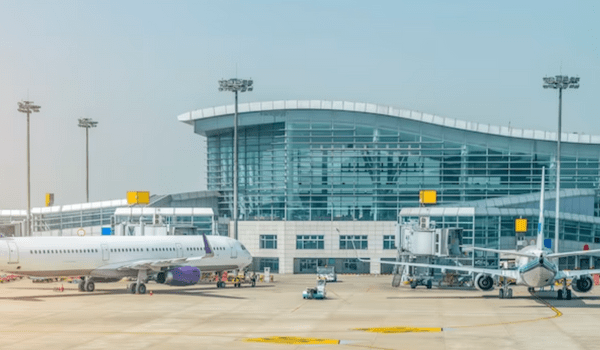To address the challenge of a tight labour market, the aviation industry in North America is adopting new strategies to attract and retain workers, including the provision of daycare centres, transportation subsidies, and even free iPhones.
This move comes as the industry faces a shortage of workers in entry-level and low-skilled jobs such as baggage handlers and customer service agents, which has resulted in long lines and delayed luggage during peak travel seasons.
In response, airport authorities and trade groups are exploring new ways to recruit, retain, and upskill workers. This includes initiatives like offering childcare services to accommodate workers who may be required to work non-standard or extended shifts.
Thomas Romig, vice president, Airports Council International, has emphasised the importance of supporting workers’ family life in order to attract and retain talent.
However, the challenges faced by the aviation industry are not just limited to labour shortages. Low unemployment rates, coupled with low wages and stressful work, have made staff retention a challenge even before the pandemic.
Although US air transportation employment has rebounded beyond pre-pandemic levels in the past year, the industry is still facing a shortage of workers, as US air travel is predicted to surge beyond pre-pandemic levels achieved in 2022 this year. Therefore, more jobs need to be created to accommodate the increased demand for air travel.
In this highly competitive environment, the aviation industry must innovate and explore new ways to attract and retain employees. This includes offering attractive compensation packages, improving working conditions, and investing in training and development programs to upskill workers.



